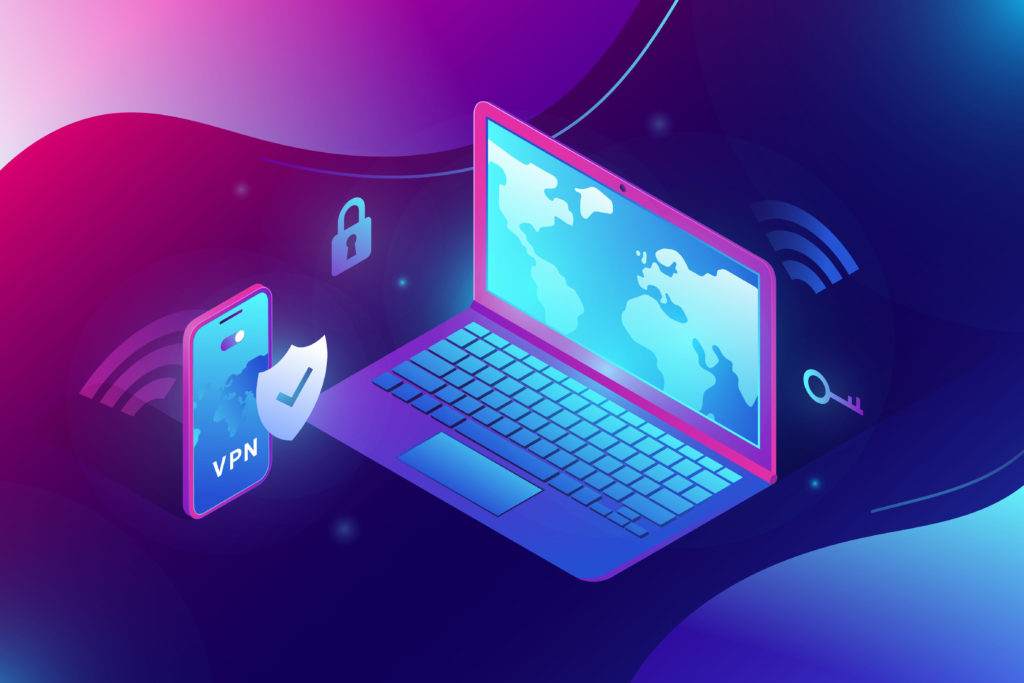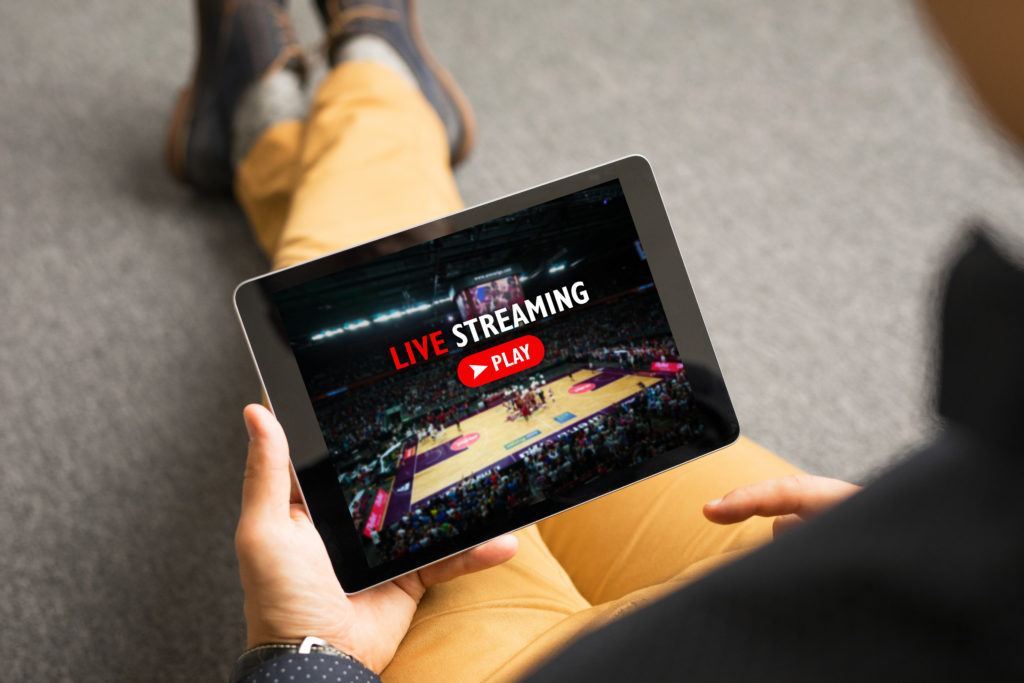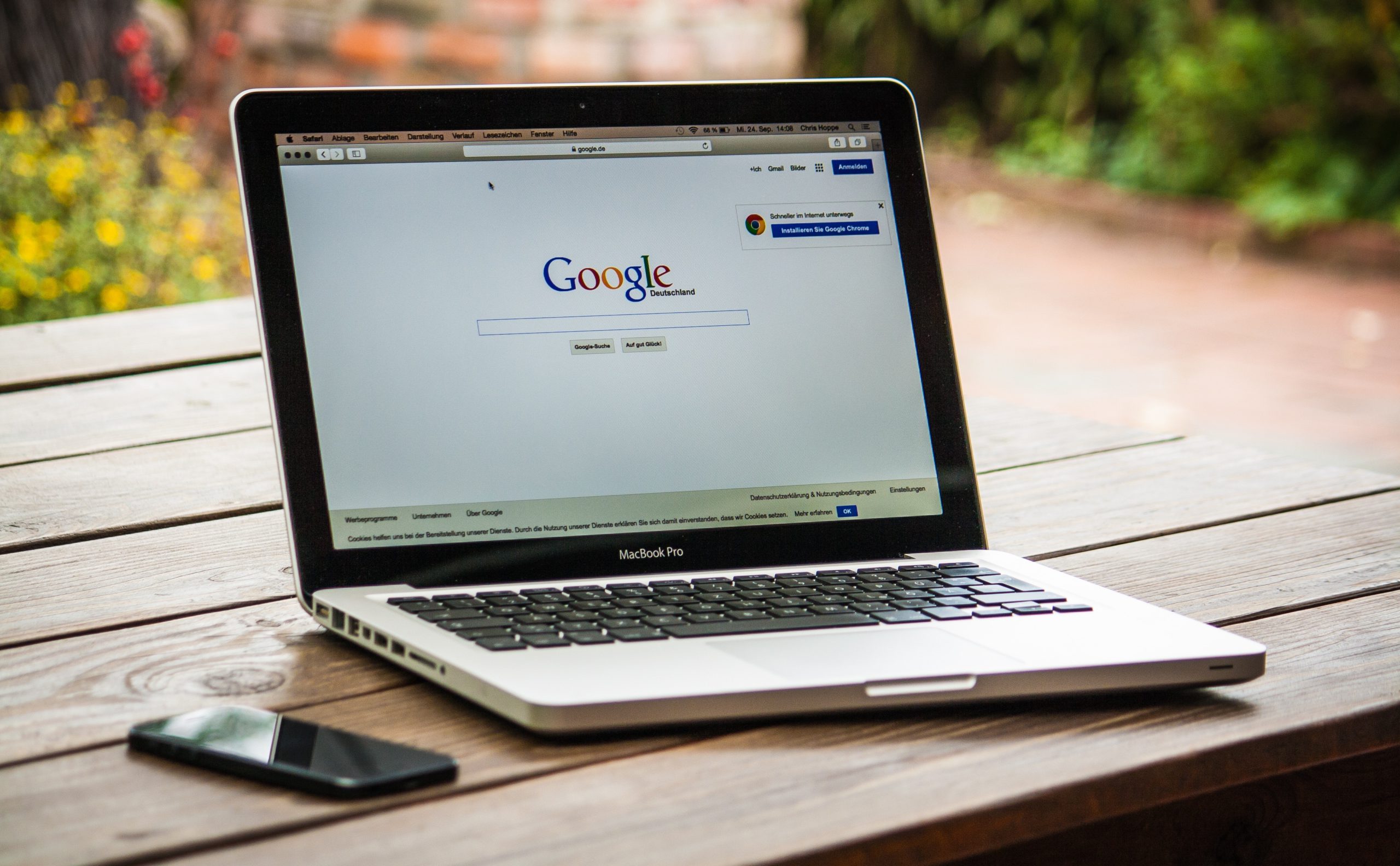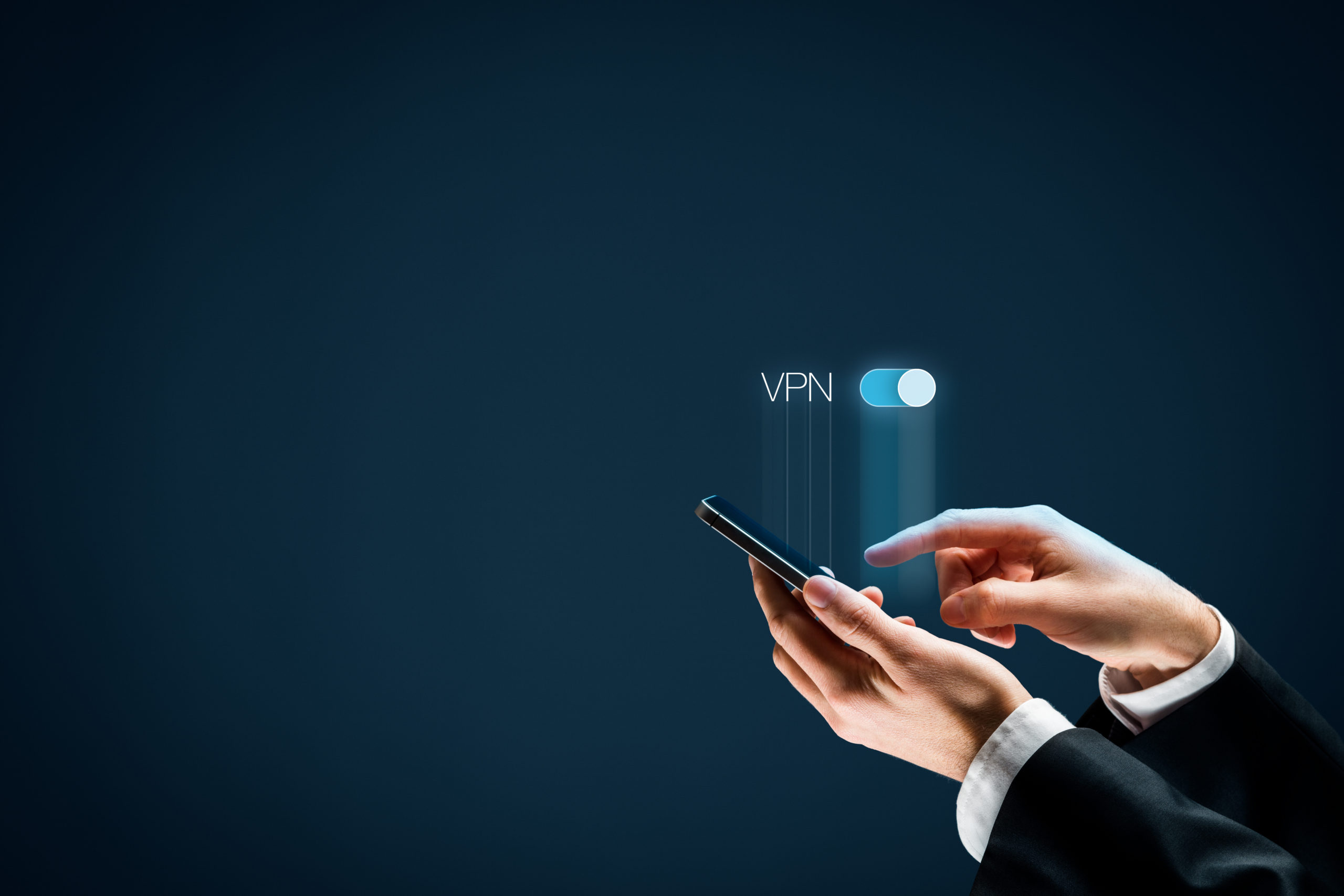Are VPNs legal? How to legally use a VPN.
On the internet, accessing a lot of free content with just a few clicks has become very easy. Thanks to a VPN, the Internet user also has the feeling of being completely anonymous, even being able to access illegal content without fear. But what are they actually risking?

Are VPNs Legal?
The answer is not that simple. In most countries, yes, using a VPN to hide your internet activities is completely legal. There is nothing that can prevent you from using these services.
However, performing certain actions with a VPN tool may turn out to be illegal. Today, more and more Internet users are using Virtual Private Networks to be able to download protected files illegally without the authorities being able to detect it. It is obvious that in this case, using a VPN service is illegal.
Without your IP address (which is hidden when using a VPN), it is impossible to get back to you and therefore to sanction the Internet user. This is why some Internet users use a VPN for this purpose, completely illegally.
If a VPN is used for the purpose of harassing someone or buying illegal products, that is also prohibited by law. Any illegal activity is quite simply unauthorized.
Does a VPN protect us from malicious sites that offer free paid content?
When we see on the internet that a VPN can protect you, it’s true. However, we still have to add a nuance and explain precisely how these services protect you.
A VPN will encrypt your connection. You thus become anonymous and no one can have access to your IP address, which becomes hidden. All information passing between your computer and the final site is also encrypted, so it cannot be intercepted.
This is especially where the VPN actually protects you: it encrypts your information. This is very important if you use a public Wi Fi network, where someone would then be likely to intercept everything. However, a VPN will not prevent you from downloading a virus and it has nothing to do with the role that an antivirus plays on your machine for example.
However, some paid VPNs have developed additional security features. So, as soon as your VPN is activated, you can: block ad tracking or any malicious download that could be done in the background and automatically.
These filters act as a firewall as additional protection. If they are not 100% reliable, they still allow you to block certain sites or web services that are potentially harmful to you. They are then blocked upstream, even before you load them in your browser for example.
While this feature which is available from some VPN providers is interesting, it does not fully protect you from malicious sites. It is simply an interesting additional security.
Does a VPN allow you to stream content and download torrents?
From a technical point of view, it is obvious that in order to watch streaming videos or download torrents, the speeds of VPN servers must be optimized. Simply, some VPN servers handle bandwidth load better and that is why they are specifically designated for downloading or streaming by these services.
While it is true that using a VPN makes it easier to go unnoticed by the authorities, downloading protected content remains illegal. However, today it has become a common use for users to be able to easily download pirated content without being spotted.
Legal uses of a VPN
Are you wondering about the legal uses of a VPN? Here is exactly what is legal to do with these services. If your use is the one listed below, you can definitely install and use a tool of this type.
1. Protect your privacy
If you are a more privacy-conscious internet user, you might be fine with a VPN. This can avoid the tracking of certain advertising agencies or to prevent certain websites from following you using your IP address.
2. Secure your connection on a public Wi Fi
When we connect to a public Wi Fi network, we are more vulnerable to attacks. Malicious people can indeed intercept our data. It is therefore advisable to use a VPN in order to encrypt your information and activity. In this context, once again: using a VPN is legal, also available for your mobile devices.
3. Secure a VoIP call
Today more and more VoIP services are used. These are audio calls over the internet. In fact, it is rather easy for hackers to spy on these conversations. Using a VPN then secures your calls.
4. Secure sensitive data
If you work for a government organization or a company with sensitive data, using a VPN is fine. This makes it possible in particular to secure your data and sometimes to access services such as an Intranet from anywhere.
Other uses are in gray areas and cannot really be considered illegal. This is particularly the case of bypassing geo-blocks which are not always illegal. We can for example cite the fact of watching Netflix US catalog from a different country thanks to a VPN. Officially and for the time being: nothing prohibits or condemns it.
However, it should be noted that some VPN providers highlight the possible use of their services for illegal purposes. It is never explicitly stated, but it is all the same more or less clear. In no case is this legal and each Internet user remains responsible for his actions.
Can a VPN service communicate your details to the authorities?
The vast majority of VPN services are located in territories where the legislation is more favourable. In these countries, the law in no way obliges these services to communicate information to the authorities in the event of a request. In this case, the user is then always protected.
When choosing a VPN service, be sure to check what country the company is located in. It is obvious that we must give them complete trust in this third party, because our data will circulate in an encrypted private tunnel that belongs to them.
Some services have a policy of not keeping your logs (no logs). That is, none of your data is kept. This is the case for VuzeVPN. Thanks to this, you ensure additional security, because we do not keep any information about you. And it’s perfectly legal. Moreover, as stated in our previous articles, there is a 30-day money back guarantee, so there is actually no risk when you decide to secure your online activity.
To conclude: nothing prevents you from using a VPN in the majority of countries in the world. However, connecting to these tools in order not to be traceable when performing illegal actions is prohibited.
However, be careful when abroad: some countries prohibit VPN services.
Why do some countries ban VPNs? Illegal VPN use.
The reason is simple: banning VPNs allows you to keep more control over everything that is done on the internet within a territory. China or even Russia can thus check the content circulating on the web as well as possible, while being able to set up censorship.
Still, it is important to note that the majority of internet users who use tools of this type do so in order to protect their anonymity. We tend to think that VPNs are only used to access illegal content, but this is not the case.
Note that using a VPN will hide your IP address (it is replaced by that of the VPN). You therefore become anonymous since the services and websites you access can never be traced back to you. It is also for this reason that some governments prohibit the use of these tools.
In countries like China where censorship is ubiquitous, it is important for the authorities to be able to trace each Internet user in order to control and identify everyone. With a VPN, this becomes much more complicated, if not impossible.
Is it legal to use a VPN to circumvent censorship in some foreign countries?
For use abroad, we advise you to find out directly about the laws in force in each territory.
In some of these territories, law enforcement brings penalties that can indeed be very significant. You know, no one is supposed to ignore the law and therefore it is important to educate yourself. Here is a list of countries where the law prohibits VPNs: China, Russia, Belarus, Iran, Iraq, Oman, North Korea, United Arab Emirates, Turkey and Turkmenistan.
Not all VPNs give you exemplary protection
It’s important to know that not all VPNs offer you exemplary protection. Some are located in countries with legislation that is not very favorable to the rights of Internet users. This means that if the authorities ask VPN services to obtain your identity following illegal viewing of a film, they may be required to provide your information.
This is the reason today why some of these services are located in particular countries. This then makes it possible to protect users and at the same time for them to ensure an additional guarantee of seriousness, because the competition is always stiffer with the number of VPN services growing.
If a VPN must guarantee your anonymity, in case of legal demand, some of these services will not hesitate to communicate information about you. It also makes it easier for them to evade their responsibilities. This is especially the case with free VPNs.
Whether on smartphones, computers or tablets: it’s exactly the same. The protection of a VPN cannot always be exemplary (whether in terms of the encryption of your data or the quality of service). In addition, using these VPNs for the purpose of downloading free content that is theoretically chargeable is illegal.
Also, most free VPNs do not allow torrent downloads on their servers. This happens for several reasons: to avoid fraudulent use of their services and at the same time to conserve relatively good bandwidth without overloading the server. Downloading a file requires a large data quota and can therefore generate intensive use of the server. In this case, it costs more for these VPNs to work.

Is it risky to stream movies or football matches with a VPN? Streaming VPN.
In recent years, many “streaming” services have appeared. Often in the form of a computer or smartphone application, they offer incredible access to a catalog of very recent films, all free of charge. For some, they also make it possible to follow sporting events, in particular football matches, live. Obviously, these are illegal.
In addition to being illegal (but the Internet user obviously cannot ignore this), they sometimes work with the Peer-to-peer protocol. If the software makes you believe that you are streaming a movie, it is not. It downloads the film in the background and as it downloads it displays what has just been recovered. Regarding football matches, it recovers video streams from rights holders and rebroadcast them in often degraded conditions.
The real problem with this technique is that it obviously relies on a torrent system. It is then quite possible to easily retrieve the list of IP addresses of Internet users who share the files in question in real time.
In the context of the use of these applications, the Internet user can therefore be easily spotted and especially if he does not use a VPN. Nevertheless, these streaming sites are always successful for several reasons: the interface is pleasant, the choice of films or series is important and above all there is no advertising.
These software are in reality legal, because they are based on a file exchange system and a P2P protocol which on paper is not made particularly for sharing copyrighted works. However, it is obvious that afterwards it is the integrated torrent catalog that is problematic and illegal.
By using this software based on this technology, you then risk exactly the same thing as an Internet user who would be downloading a movie illegally by torrenting without a VPN.
Finally, a VPN can in no way be a cover for viewing paid content for free. This is all still illegal and on the contrary, using a VPN for this purpose means that you are attempting to do this without being able to be seen. With the qualitative legal offers on the market today, it is already possible to access a lot of content easily on the internet.

